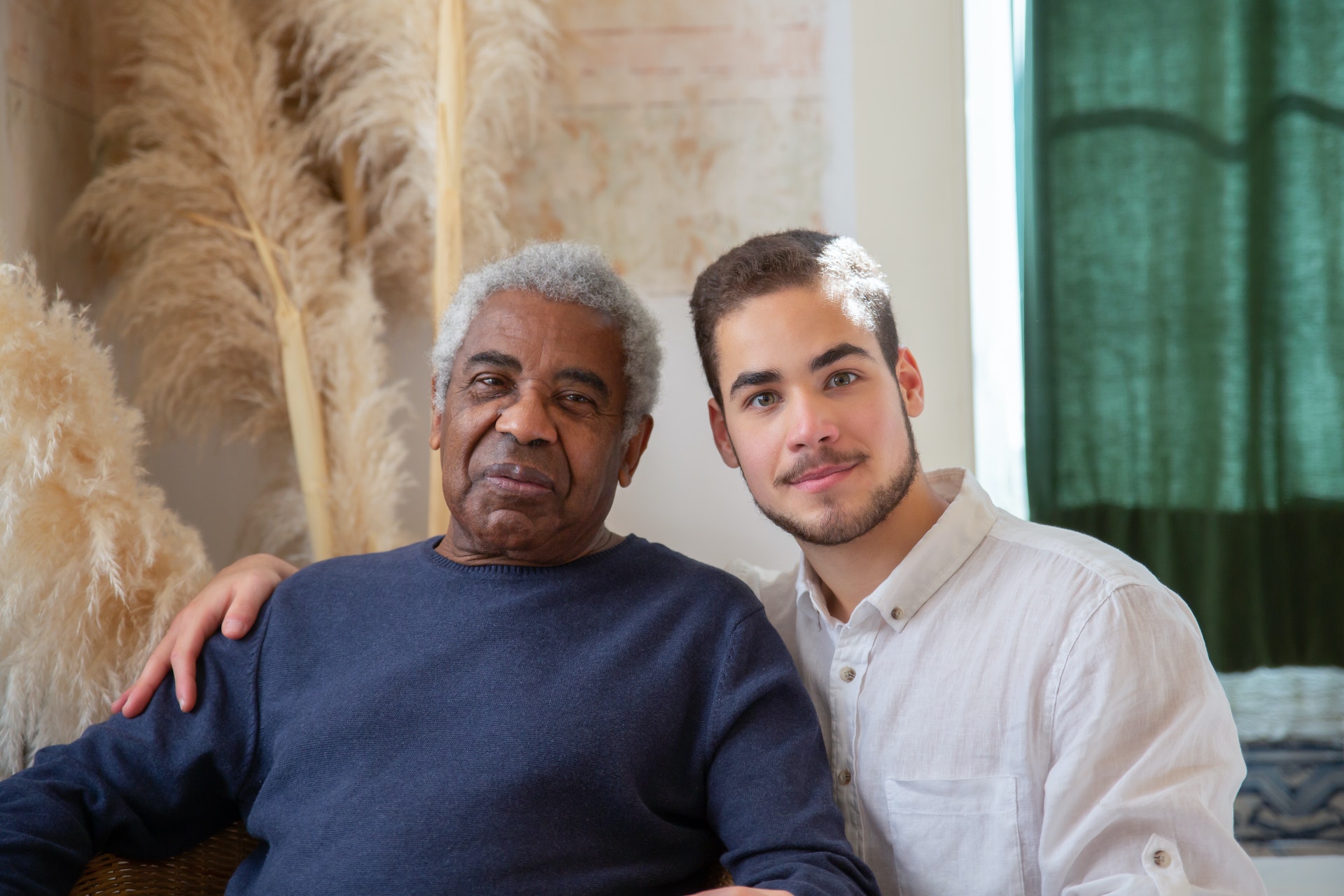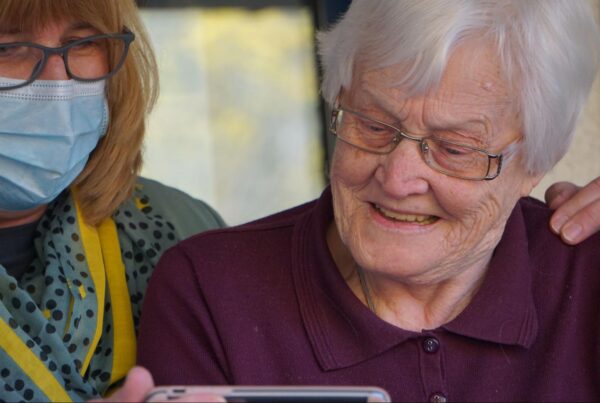Personalized caregiving, also known as individualized care, is a type of caregiving that focuses on tailoring the care provided to meet the specific needs of each individual. This approach to caregiving is essential as it recognizes that each person is unique and requires personalized attention to meet their physical, emotional, and mental needs. This article will explore the importance of personalized caregiving and how it benefits individuals in need of care.
One of the primary benefits of personalized caregiving is that it recognizes and respects the individuality of each person. No two individuals are the same, and as such, their needs, preferences, and desires will differ. Personalized caregiving recognizes this fact and takes a person-centered approach to care. Caregivers who provide personalized care take the time to understand the needs and preferences of their clients and tailor their care to meet these needs. For example, a caregiver may take note of a client’s favorite foods, activities, and interests and incorporate them into their care plan. This personalized approach to care helps to promote a sense of individuality and independence, which can positively impact a person’s well-being.
Another benefit of personalized caregiving is that it helps to promote a sense of empowerment in the person receiving care. When a person is involved in the decision-making process regarding their care, they feel more in control of their lives. Personalized caregiving provides individuals with the opportunity to be involved in the development of their care plan, which helps to promote a sense of empowerment and independence. This can be especially important for individuals who may be experiencing feelings of helplessness or loss of control due to their health condition or other factors.
Personalized caregiving also helps to improve the quality of care provided. Caregivers who provide personalized care are better able to anticipate and respond to the needs of their clients. This approach to caregiving is proactive rather than reactive, and caregivers are better equipped to identify potential issues and address them before they become a problem. This can help to prevent health complications and improve the overall quality of life for the person receiving care.
Furthermore, personalized caregiving can have a positive impact on the relationship between the caregiver and the person receiving care. When a caregiver takes the time to understand the needs and preferences of their client, they are better able to establish a connection with them. This connection can be especially important for individuals who may be feeling isolated or lonely due to their health condition or other factors. A strong relationship between the caregiver and the person receiving care can provide emotional support and help to improve their overall well-being.
In conclusion, personalized caregiving is an essential approach to caregiving that recognizes the unique needs and preferences of each individual. This approach to care promotes a sense of individuality and empowerment in the person receiving care, improves the quality of care provided, and can positively impact the relationship between the caregiver and the person receiving care. If you or a loved one requires care, it is essential to consider a personalized approach to caregiving to ensure that the care provided is tailored to meet your specific needs and preferences. Personalized caregiving can help to promote a sense of independence, improve quality of life, and provide emotional support to those in need.






